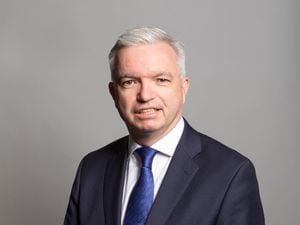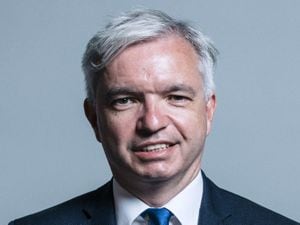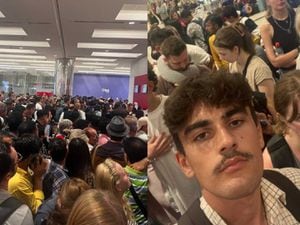Bruising losses for Northern Ireland’s two big parties
The region’s 18 MPs are now a more diverse set, with the return of the SDLP and Alliance Party to the House of Commons.

There were bruising losses for Northern Ireland’s two big parties in the General Election, resulting in a more diverse representation for the region in the House of Commons going forward.
Northern Ireland’s 18 MPs were sharply divided two years ago, with 10 Democratic Unionists and seven Sinn Fein, along with independent unionist Lady Sylvia Hermon.
That DUP total is now cut to eight, Sinn Fein held their seven after winning North Belfast following the loss of Foyle, while the SDLP and Alliance Party have made a return to the green benches.
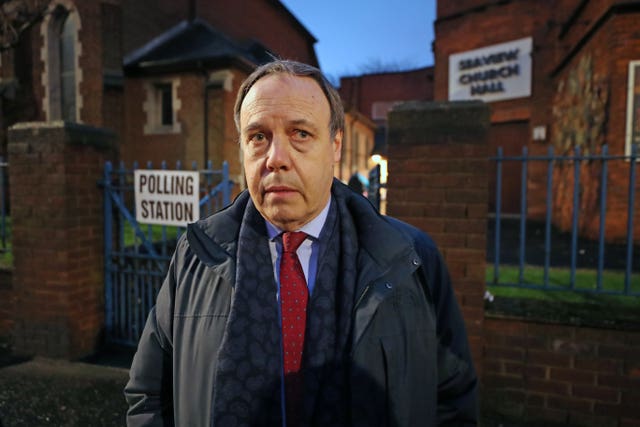
Both the DUP and Sinn Fein saw their vote drop from the last General Election in 2017, while the centre-ground Alliance Party saw a sizeable increase in its share of the vote, finishing third in Northern Ireland.
The SDLP also increased its share of the vote, as did the Ulster Unionist Party despite not securing any MPs.
The most significant political casualty was DUP deputy leader Nigel Dodds who lost out to Sinn Fein’s John Finucane in North Belfast.
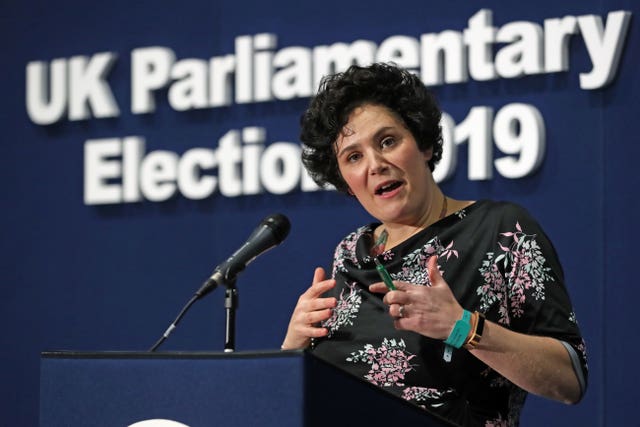
But there was also pain for Sinn Fein, who offset that gain with the crushing defeat of Elisha McCallion by SDLP leader Colum Eastwood in Foyle.
And the DUP were disappointed again to lose Emma Little-Pengelly in South Belfast to the SDLP’s Claire Hanna, as well as failing to capture Lady Hermon’s old seat in North Down which was won instead by Stephen Farry of the Alliance Party.
The results came following a number of pacts and voting arrangements, most powerfully between pro-Remain parties in Belfast where just one DUP MP remains in the shape of Gavin Robinson in the east of the city.
Only the Alliance Party stood in all 18 constituencies.
The party also made gains in East Belfast, where leader Naomi Long cut Mr Robinson’s majority from over 8,000 votes in 2017 to just under 2,000 and saw significant rises in other constituencies.
The election came against a backdrop of not only Brexit uncertainty but also frustration among voters at the almost three-year-long collapse of Stormont, and issues surrounding the health service and schools.


